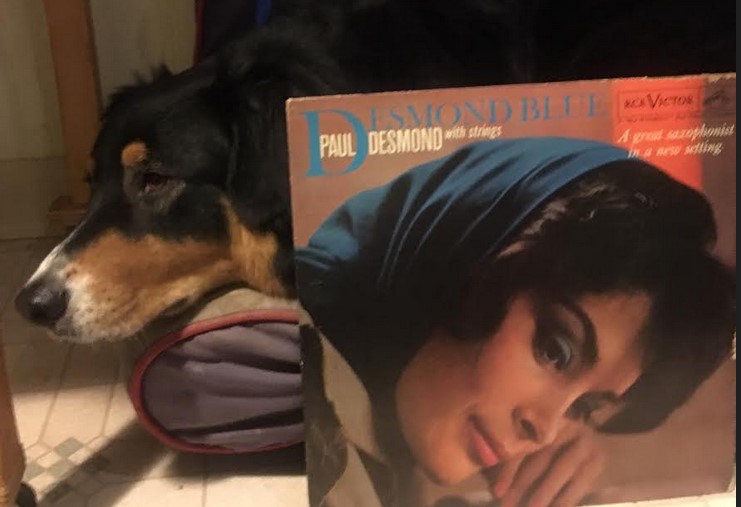
Julian Cope described 1960s solo Scott Walker as psychedelic music for housewives, adding that they needed to have their minds blown much more than hippies did.
When Scott left the Walker Brothers he was at the height of his popularity in the UK and his first three (brilliant) solo albums went to No. 3, No. 1, and No. 3 in the charts, respectively. But there was already career trouble brewing as Scott 3 (which I’d rank as his all-time best) didn’t have the chart staying power of his first two.
I guess you could ask how many orchestral, exquisitely sung, eccentrically written un-ez listening songs brimming over with dashed dreams, societal unease, surreal malaise, and existential angst borrowed from European art movies people really wanted in their lives.
Walker actually got a mainstream variety TV series on the BBC and his soundtrack LP to it also went into the Top 10. The venal idiots over at the Beeb once took pride in erasing pretty much every TV show they made that wasn’t sold overseas (as Dr. Who was) so this well regarded series disappeared from view the moment after each episode was aired.
Here is a tune from Walker’s TV series LP that ranks with the work of the great American singers of standards (Nancy Wilson does a fantastic run through of this tune as well):
Walker is a very good MOR singer but his Broadway, Tin Pan Alley and film theme covers are generally not of equal lasting value as his original compositions. I’d highly recommend physical copies of Scott 1 – 4 and the really underrated ‘Til The Band Comes In. The last two albums in that series left no record company itching to let him record his own work and the fight seems to have left him for a big part of the 1970s.
Then, when Walker came back to creative music in the late 1970s, inspired by the art rock movement, he took the template from Bowie’s Berlin albums and the emerging synth-pop sounds, and stripped the pop and jittery new wave fun out of them in ways that appealed to even less people than before. But, artists were listening and the very people who influenced Scott Walker were in turn once again influenced by his new material.
These synth Scott records, The Walker Brothers in Hell magnum opus Nite Flights and Climate of Hunter, unlike his initial solo records, didn’t even get released in the States. This makes sense since even his solo records that were hits in the UK made the Velvet Underground’s American sales figures look robust in comparison. That said, I heard both acts repeatedly mentioned as influences by artists I liked throughout the early 1980s but I couldn’t find any records by either of them at the time.
No wonder Scott Walker slipped away again.
Returning for good in the 1990s, Scott Walker threw off any pretense of pop and now created music that was basically avant-garde Classical in nature and even more deeply unnerving then his synth albums. Judging by the fact that I was literally the only person at the SF movie theater to see the fine feature length documentary on him I am guessing that even cult stardom eluded him in the States.
In the previous Record Pile on The Walker Brothers, I mentioned how much Scott not only influenced David Bowie and Bryan Ferry, in sound and artistic aspiration, but also the British Post-Punk/Neo-Psych scene of the late 1970s and early ’80s. Here is an early Scott solo cut that really illustrates that influence well — even in the bass guitar being so out front. As part of the Scott Walker backlash in the UK, this song was repeatedly, inaccurately, described in the press as being pro Stalinist when its obviously a negative comment on the Soviets rolling into Czechoslovakia.
Funny how music works. This song didn’t sound like 1969 in 1969 and then was considered old fashioned in the early 1970s; then was considered cutting edge at the end of the decade.
Today, Scott Walker sounds very 2022.


